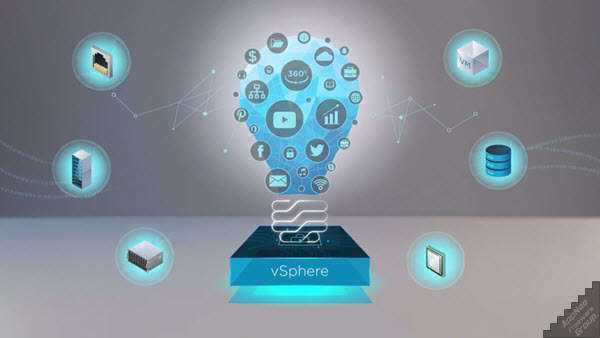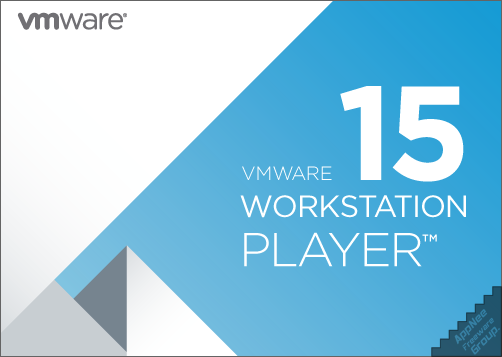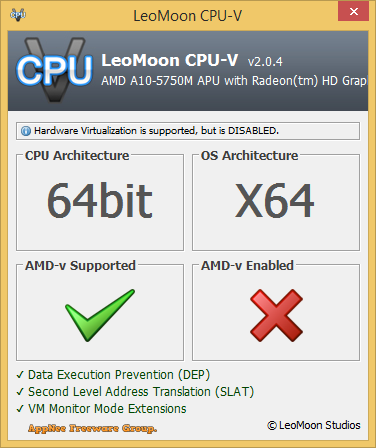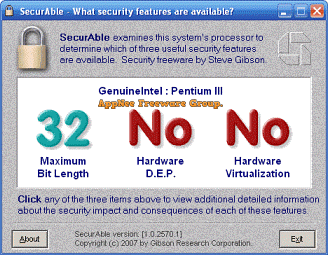| Ⅰ | This article along with all titles and tags are the original content of AppNee. All rights reserved. To repost or reproduce, you must add an explicit footnote along with the URL to this article! |
| Ⅱ | Any manual or automated whole-website collecting/crawling behaviors are strictly prohibited. |
| Ⅲ | Any resources shared on AppNee are limited to personal study and research only, any form of commercial behaviors are strictly prohibited. Otherwise, you may receive a variety of copyright complaints and have to deal with them by yourself. |
| Ⅳ | Before using (especially downloading) any resources shared by AppNee, please first go to read our F.A.Q. page more or less. Otherwise, please bear all the consequences by yourself. |
| This work is licensed under a Creative Commons Attribution-NonCommercial-ShareAlike 4.0 International License. |

VMware vSphere (formerly VMware Infrastructure 4) is currently the world’s leading server virtualization solution (including a series of products, of which ESXi and vCenter Server are used a lot), also the most stable and reliable cloud computing virtualization platform, developed by VMware. It can separate applications and operating systems from the underlying hardware, so as to simplify IT operations.
Continue reading [v8.0] VMware vSphere – Industry-leading server virtualization software solution



